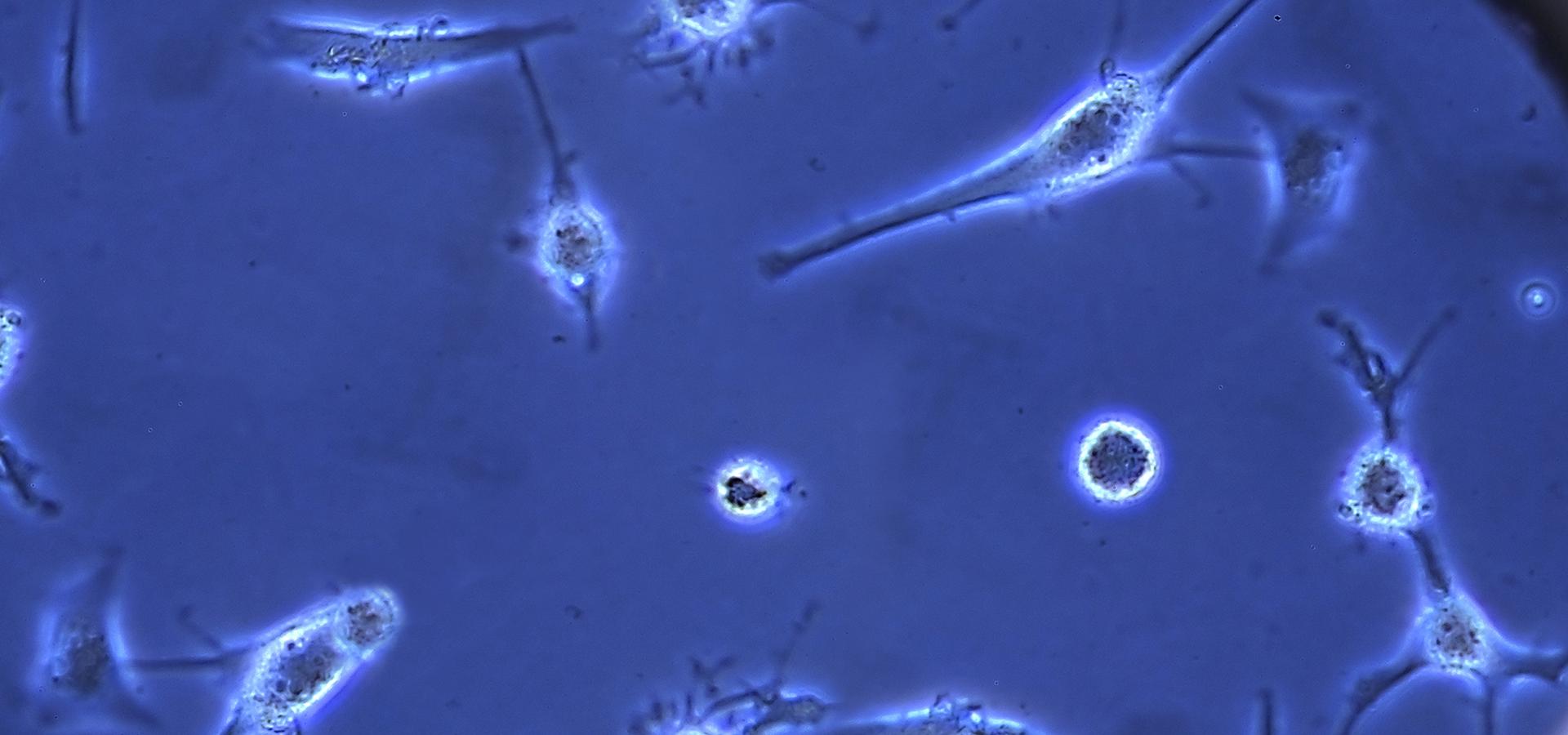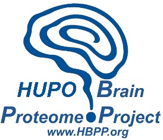Clinical Neuroproteomics

The activity of this Unit is aimed at defining the molecular processes involved in the development of neurodegenerative diseases. In order to achieve this goal, it works on the identification of the proteins and peptides involved in the neuropathogenic processes leading to Alzheimer’s disease, Parkinson’s disease, multiple sclerosis and amyotrophic lateral sclerosis, using proteomic tools to identify and quantify hundreds of proteins in human brain cells and disease animal models. Using bioinformatics analysis, disease-specific molecular mechanisms are identified, characterising proteins with a potential prognostic and/or diagnostic value.
The team leads the Neurological Disorders Programme, which is part of the Human Proteome Project through a Spanish consortium established by ProteoRed-Instituto de Salud Carlos III.
The group belongs to the International Consortium GCCR (Global Consortium for Chemosensory Research).
- The group leads the Neurological Disorders Programme, which is part of the Human Proteome Project through a Spanish consortium established by ProteoRed-Instituto de Salud Carlos II.
- Olfaction and neurodegeneration.
- Characterisation of the molecular mechanisms involved in the development of neurodegenerative disease.
- Molecular analysis of lateralisation of brain function using inter-hemispheric proteomics.


Navarrabiomed - Centro de investigación biomédica
Complejo Hospitalario de Navarra, edificio de investigación.
Calle Irunlarrea, 3. 31008 Pamplona, Navarra, España.









